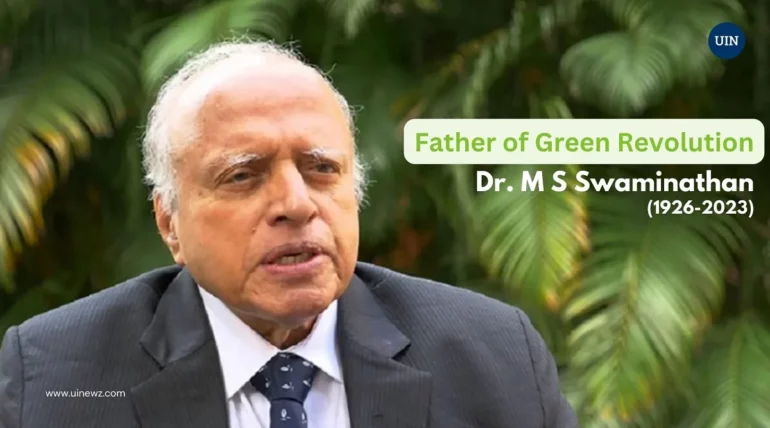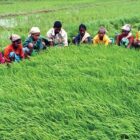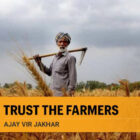Pay Commission Maths Doesn’t Work
On learning that members of Parliament have bestowed upon themselves a 24% salary hike, my thoughts race to the class in society which is characterised by low performance accountability and high job security: government employees, both at the Union and the State government level. The class is so powerful that no political party now wants to trifle with it, and understandably so. Lest it inconvenience their positions, academicians, economists and Indian policymakers, including the Governor of RBI, the Niti Aayog and the CEA to the PM, avoid public deliberation on the issue of the adverse impact of Pay Commissions; particularly, the 8th Pay Commission.













